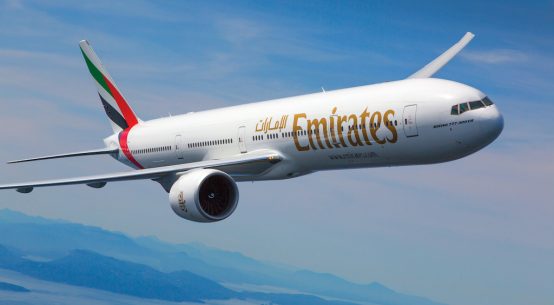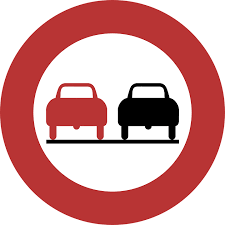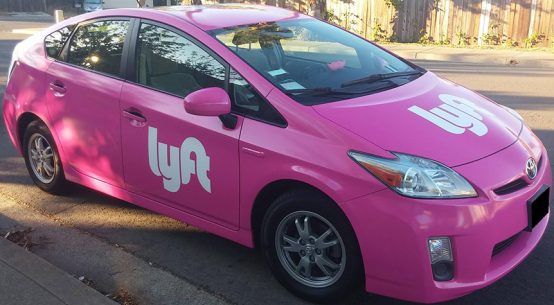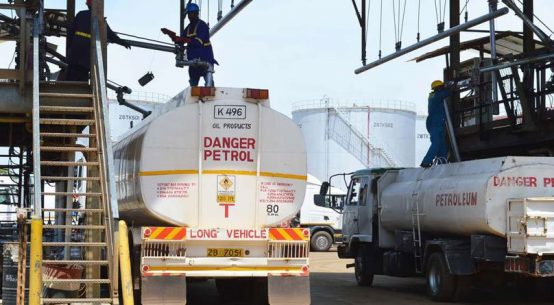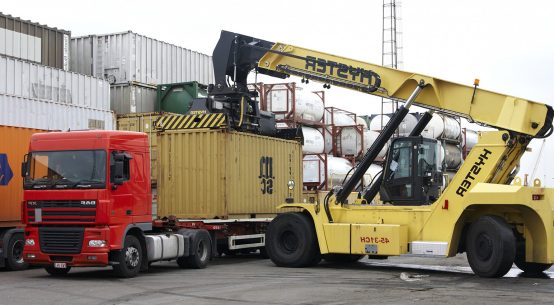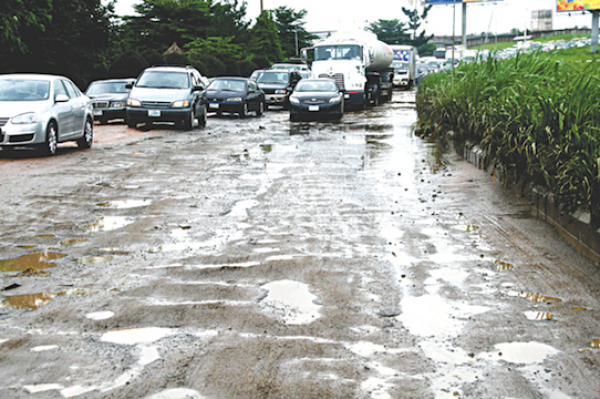
The Governor, Of Lagos State Mr. Akinwunmi Ambode on Wednesday disclosed at the 3rd Quarterly Town Hall Meeting in Badore area of Lagos, Southwest Nigeria that the reconstruction of Oshodi-Ikeja International Airport Road will begin in September.
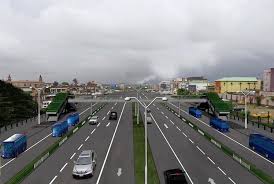
The road would be developed into a 10-lane road befitting an international road residents were assured that the State Public Works would seize the period of the break of the rainy season to fix all potholes across the State in order to improve drive time for motorists and also
The construction of the roads had been delayed because of the exchange rate, saying that by the time the projects were advertised in January 2017, the exchange rate was N490 to a dollar.
The governor explained that currently, the exchange rate was now around N350 to a dollar and that the contract for the roads would be re-advertised as the government wanted to build the roads at a lower cost.
As part of the initiatives to enhance commuting within the State, the governor said new modern bus terminals would be constructed commencing from this quarter in Marina, Ajah, Ojota, Agege, Iju Ishaga and Iyana Ipaja, while as part of the integrated transport system, a Bus Rapid Transit (BRT) would be constructed to connect Badore Jetty to Ajah.
He added that the Badore Road would be expanded at its entrance from Ajah Roundabout, while plans are afoot to construct Oke-Ira Nla Road as an alternative to totally eliminate traffic along the axis.
Responding to complaints by a resident of the axis, Mrs Abiodun Dina on the activities of dredgers who are found of spoiling the road and parking indiscriminately on the road thereby subjecting people to avoidable Traffic snarl, Governor Ambode said in as much as government was not interested in shutting down businesses but he would have to wield the big stick if the dredgers fail to comply with rules of engagement.
The town hall meeting had in attendance the Majority Leader of the House of Representatives, Femi Gbajabiamila, Oba of Lagos, Rilwan Akiolu I, members of the State Executive Council, members of the House of Assembly, top government functionaries, party chieftains, traditional rulers, among others.




